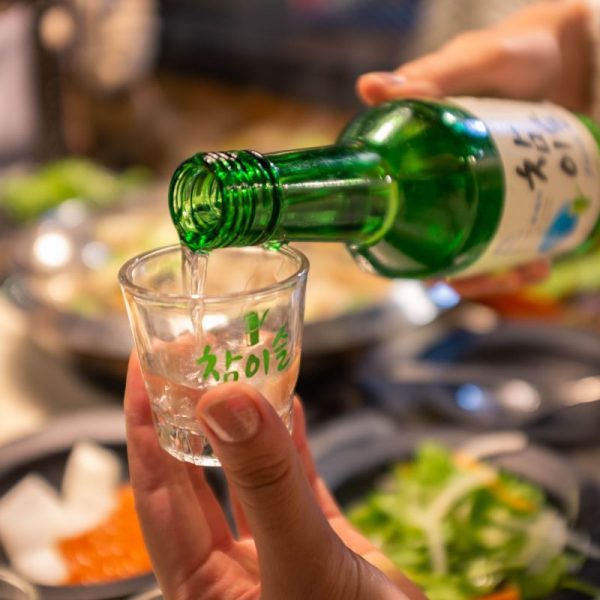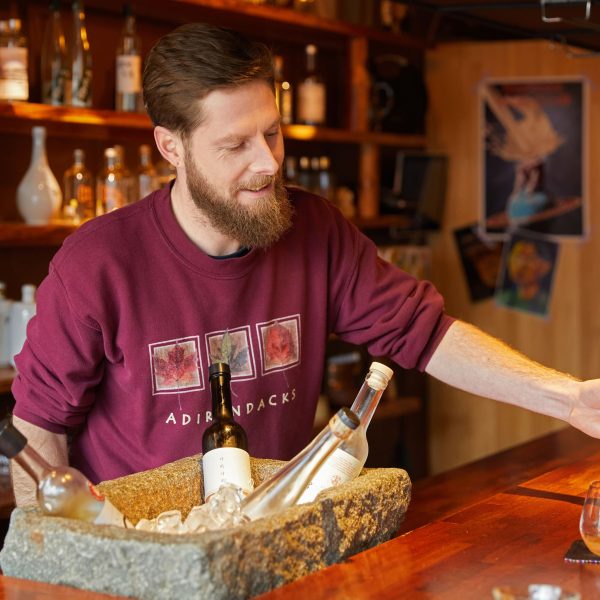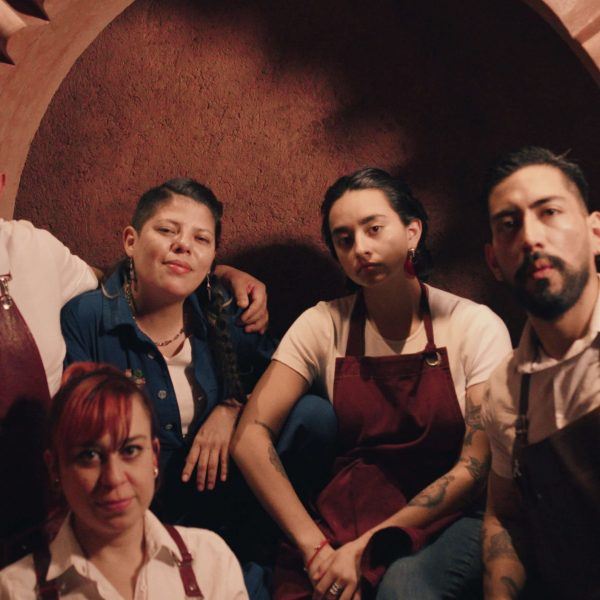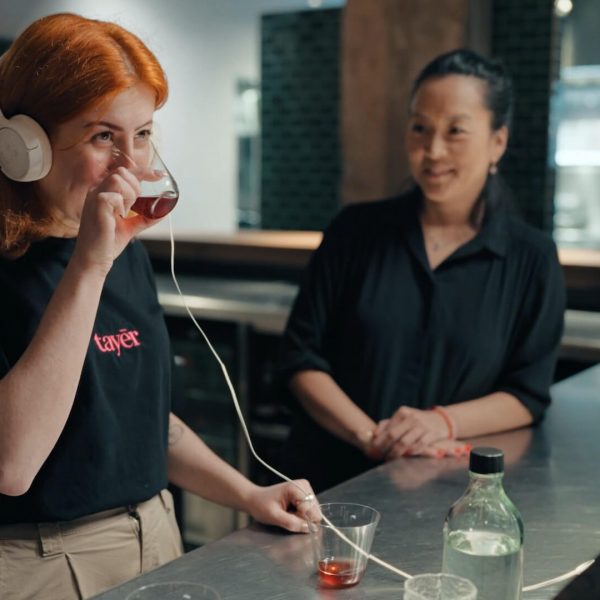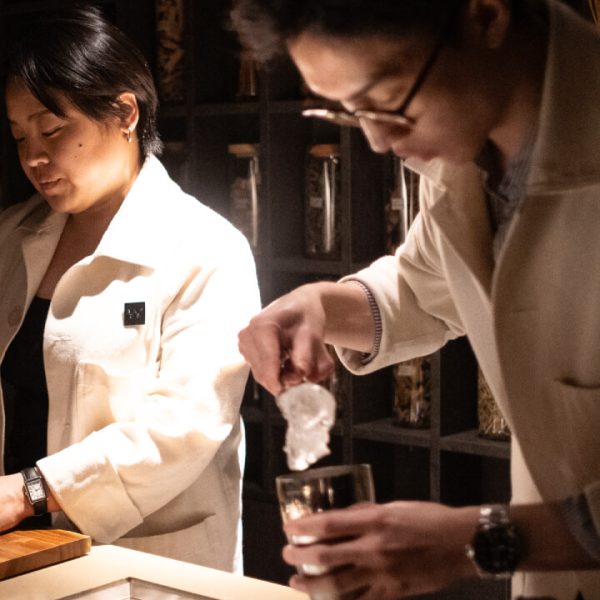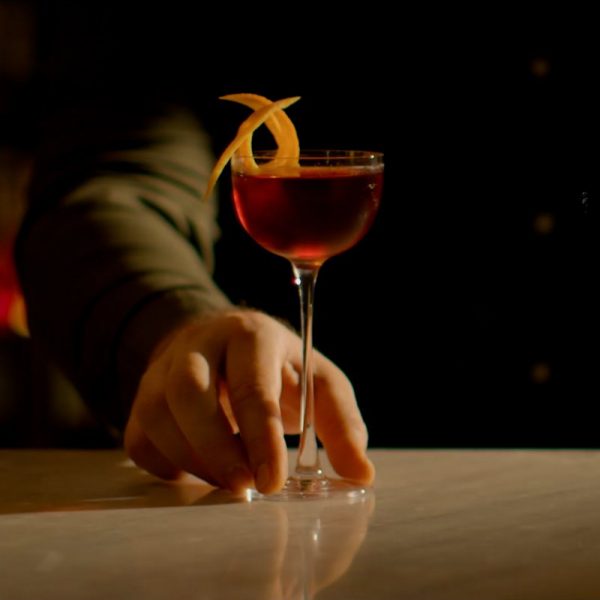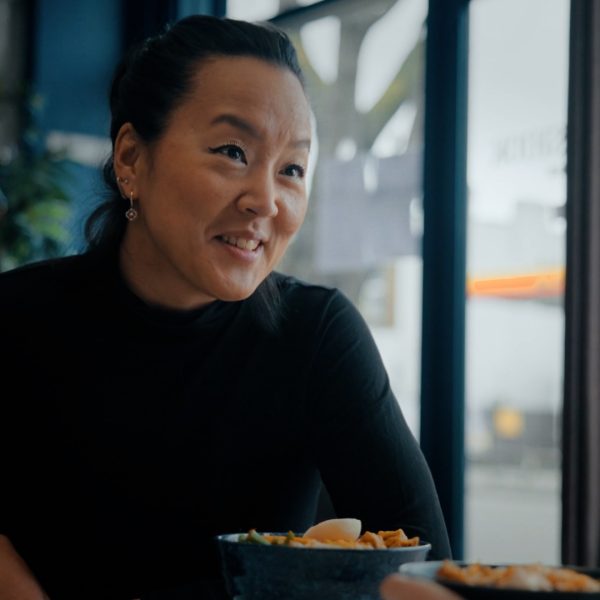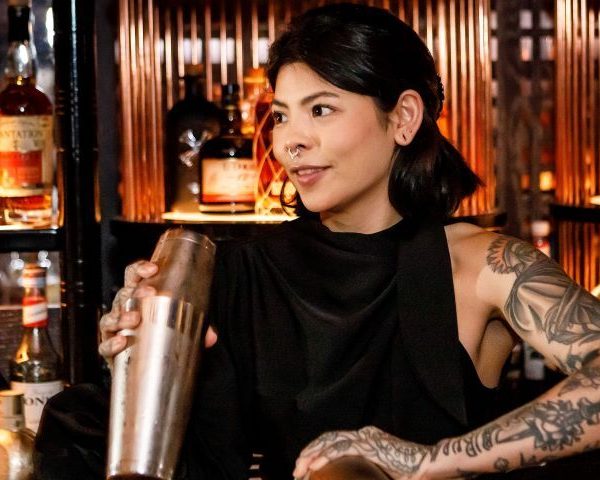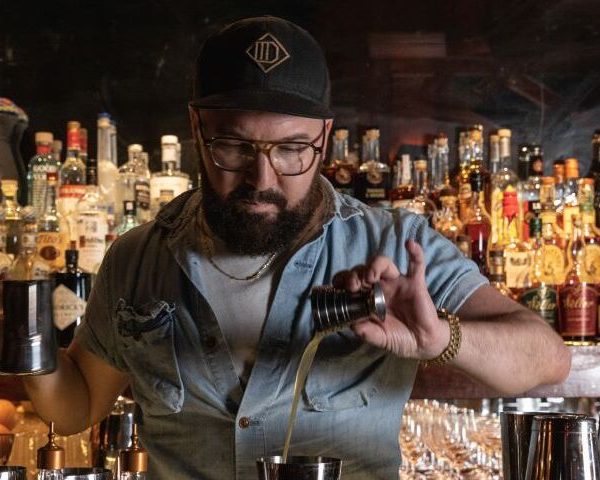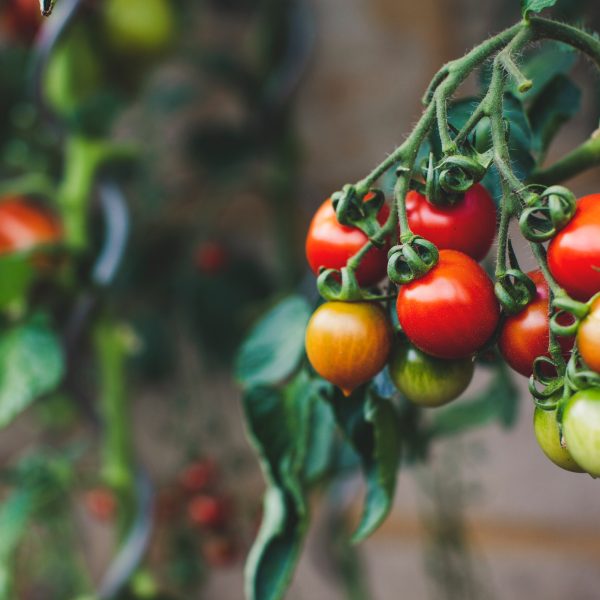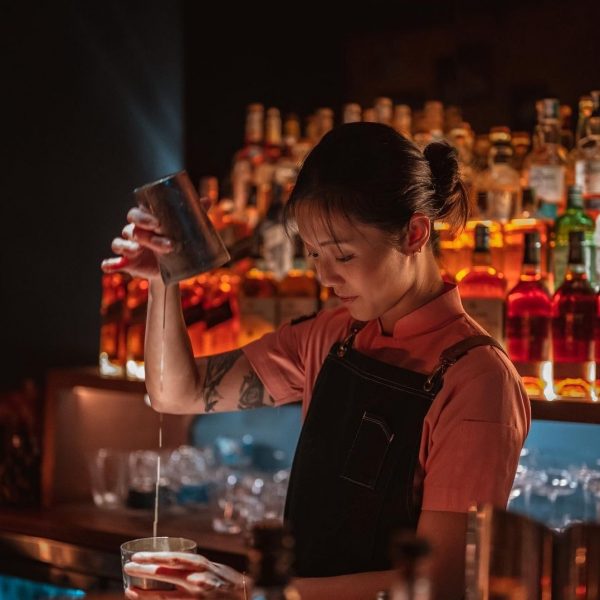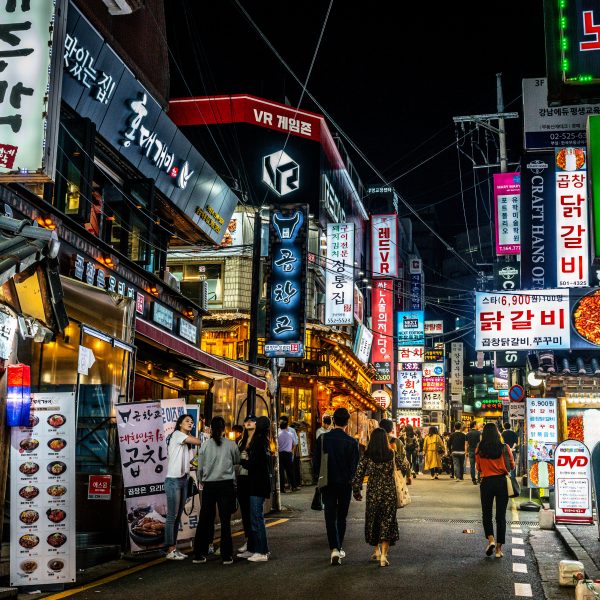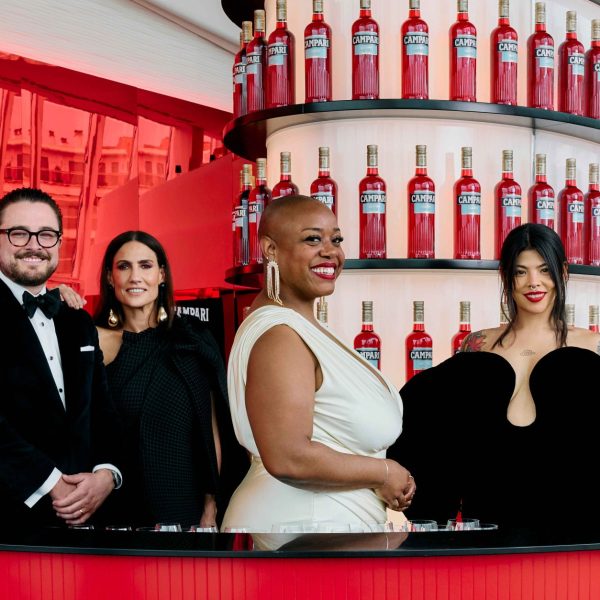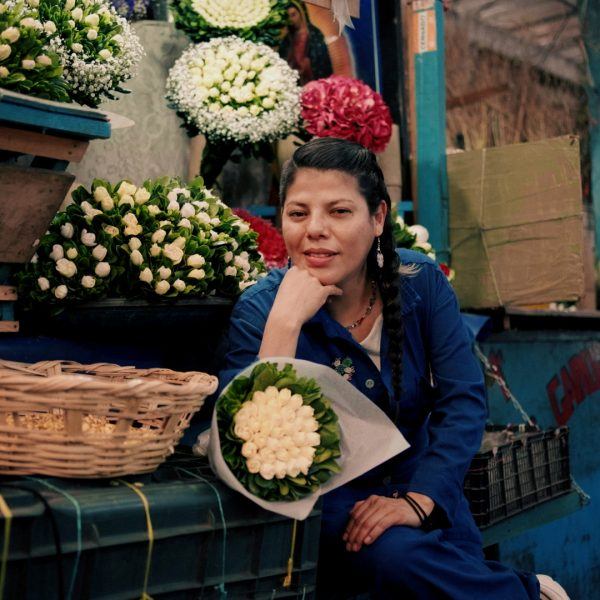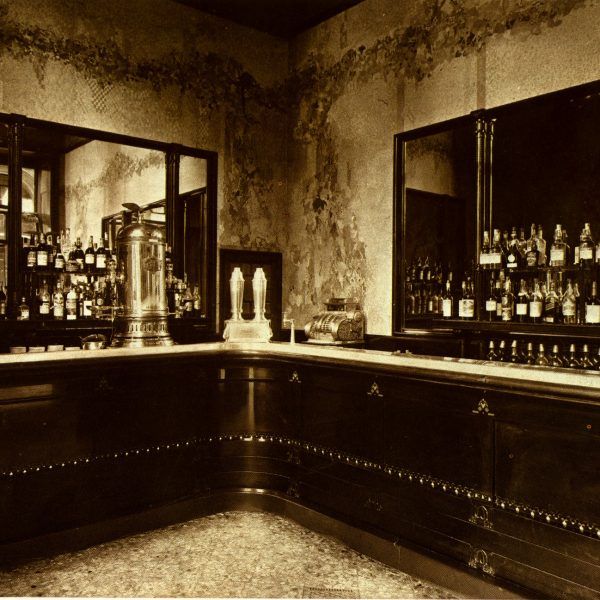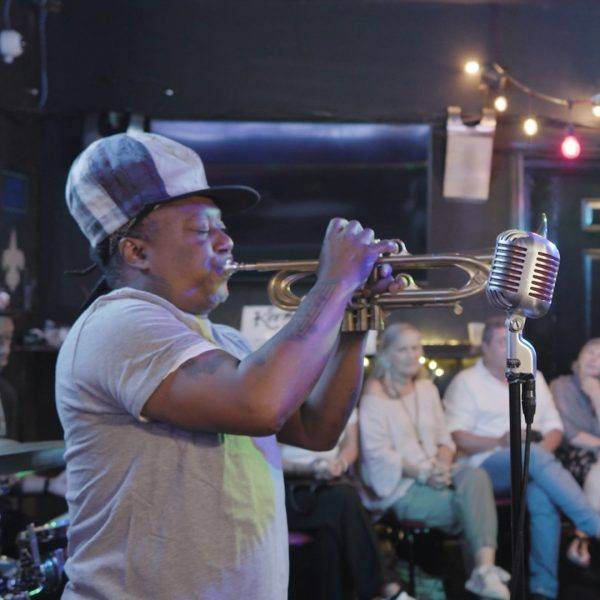Kyisha Davenport wants more respect for Black culture in hospitality
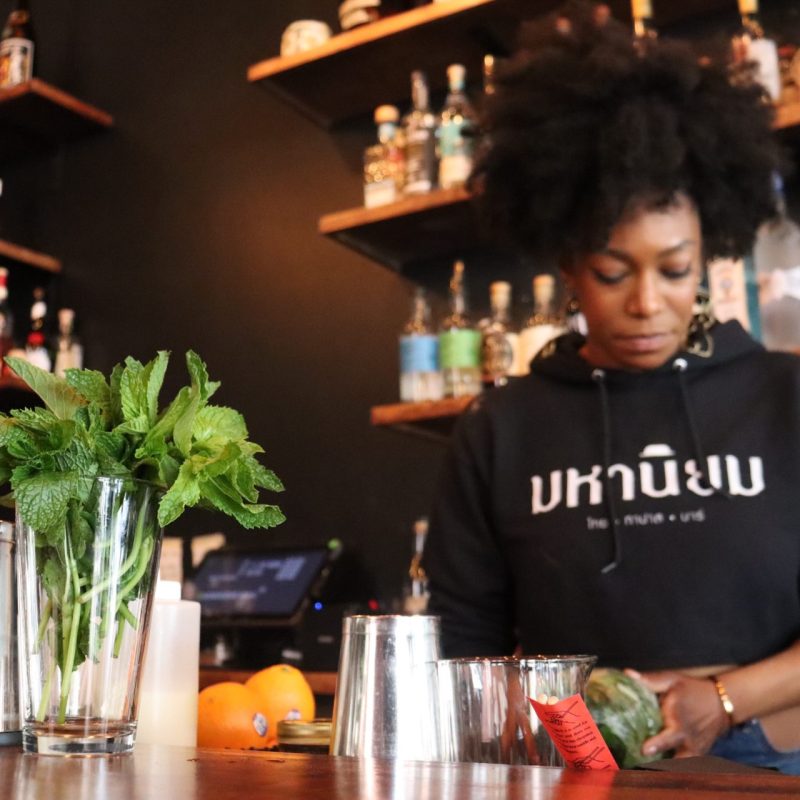
From having more Black-owned restaurants, to questioning the appropriation of Black culture through ingredients and language, the founder of BarNoirBoston and GM & Beverage Director of Comfort Kitchen explains what needs to change if authentic representation is to be the future
When I moved from New York to Boston about seven years ago, it wasn’t really a culture shock, but one thing immediately struck me: as a hospitality professional, I would often be the only Black person or person of colour in the room. I couldn’t really spot a pattern or a phenomenon, but I wasn’t comfortable with what I was witnessing. I wanted to address it, so I started the Instagram page @barnoirboston, and began using it to connect to other BIPOC (Black/ Indigenous /Person of Colour) workers in the industry.
I would also visit other bars, making a point of seeking out other Black and brown people and introducing myself, enquiring about their experiences of working in bars and restaurants around the city. The intention was to create and build a peer mentorship based network of people of colour in hospitality, with the end goal of establishing greater access and space in our local hospitality industry, as well as highlighting the importance of Black-owned businesses.
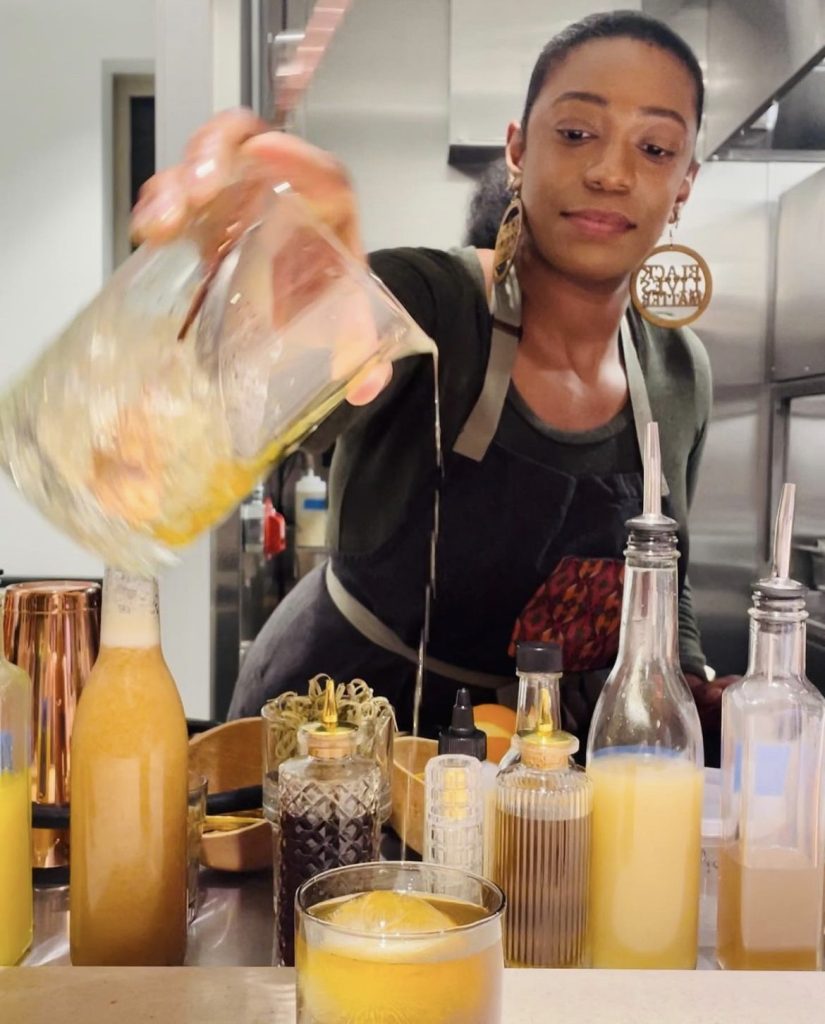
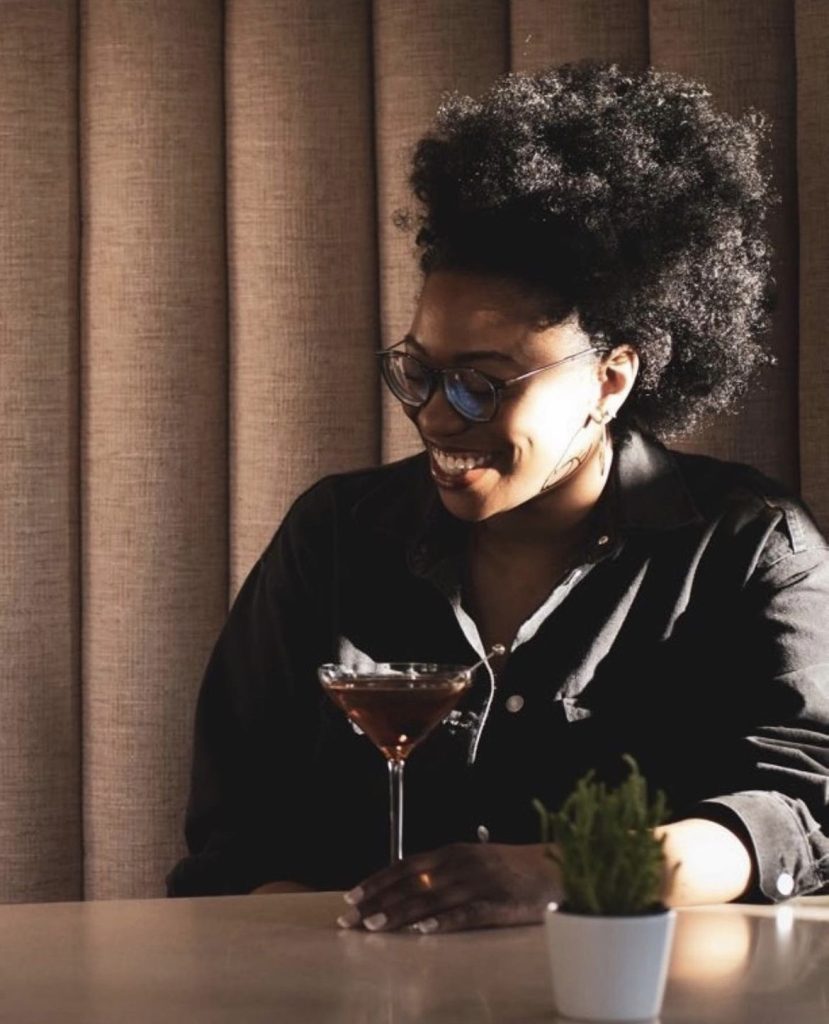
Acknowledging culture
When I first got to Boston, there were about seven Black-owned restaurants with full liquor licenses, of the 1,000+ total liquor licenses owned in Boston proper. Post 2020, this number has roughly doubled. Change is slow, but it’s happening.
A major part of this ‘change’ will come from Black peoples’ experiences and heritage being represented and recognised in restaurants and bars. Flavour and ingredients are part of everyone’s culture, and we should all benefit from cultural exchange, but generations of systemic racism and inequality has uplifted some groups to share and celebrate their culture in the context of hospitality, while diminishing or outright silencing others.
Take the so-called ‘New American cuisine’, a kind of more artistic, casual dining that spans over a wide range of food and cocktails. There’s plenty of appropriation of Black culture in it: ‘barbecue’ and ‘soul food’ don’t often get described as such on menus – you would read them as part of this ‘New American’ or ‘Southern’ cuisine.
Generations of systemic racism and inequality has uplifted some groups to share and celebrate their culture in the context of hospitality, while diminishing or outright silencing others.
Hundreds of food and recipes that are reintroduced or remixed on restaurants menus can be traced back to both enslaved and free Black hospitality entrepreneurs, but the Black history of it has been removed. I wish I could say this has only happened to me once or twice here, but you can go to a bar and a Black artist is playing over the speakers, another one is portrayed on the white bartender’s shirt, the drinks names are nods to past and present language and trends Black people created – yet no-one acknowledges the history of the culture they’re aligning themselves with.
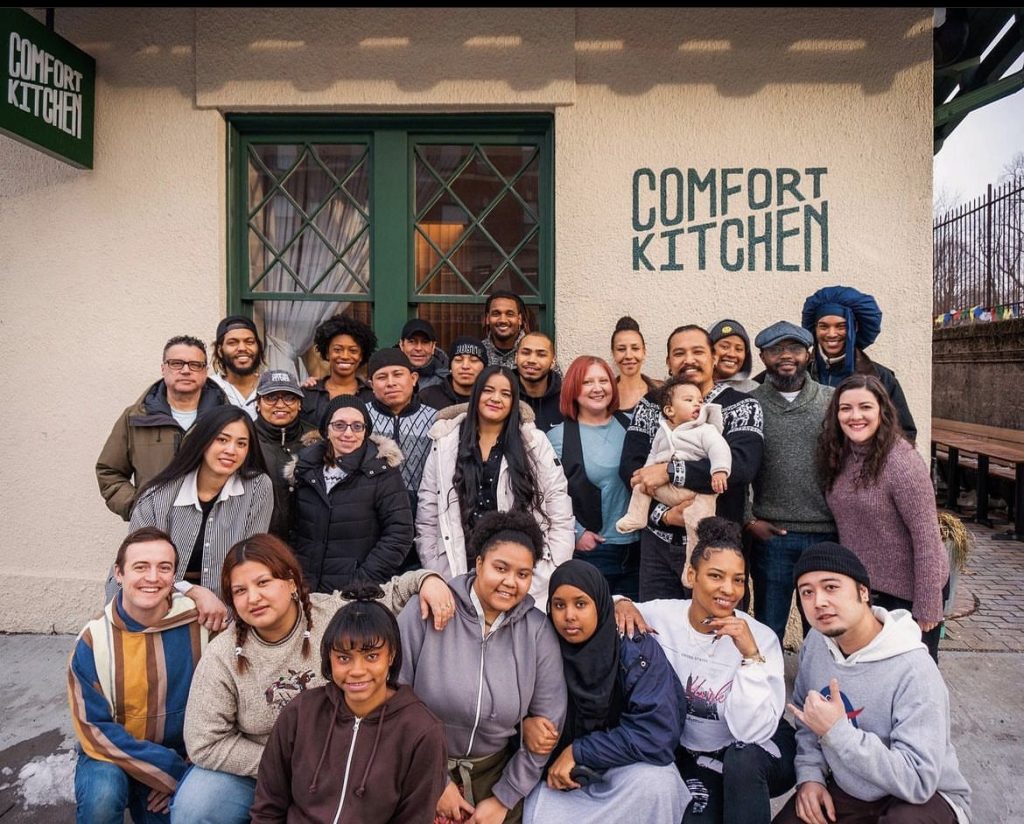
Working authentically
So, when I think of flavour and ingredients, I also think of the language they can express, and the message they represent. That’s what we try to do at Comfort Kitchen, a place I would describe as grounded, transformational, comfy.
Our whole team is rooted in different heritages and experiences: our chef partner is originally from Ghana, but grew up in Somerville, a neighboring city of Boston; our co-founder was born and raised in Nepal and then moved to US; our chef de cuisine is of Italian heritage, but was born and raised in Massachusetts. Our bar manager is from Boston too, with Southern roots, and then there’s me, coming from the melting pot that is New York City. The five of us are in the restaurant daily, leading the concept and creation process for our food and drinks, and the purpose behind it.
As a team, we try to stay open and aware, never losing focus on authenticity. Let’s say we start with an idea – perhaps a dish based on West African tradition. It’s important to clarify what is meant to be authentic or traditional and what is not. Does a tweak of an ingredient or a total twist on the dish still make sense? What elements are we incorporating, and in doing so, are we doing harm to the tradition – especially when working with traditions that are undervalued or being lost to begin with? There’s such a push to be the next great thing or to go viral, that we constantly seek out new ingredients, but too often people get caught up in it all, paying no attention to what damage can happen, and can’t be easily undone.
Does a tweak of an ingredient or a total twist on the dish still make sense? What elements are we incorporating, and in doing so, are we doing harm to the tradition – especially when working with traditions that are undervalued or being lost to begin with?
For example, there’s a restaurant here in Boston that put a variation of fufu on their menu. Fufu is a West African staple, the word itself of the Ghanaian language, Twi. A type of ‘swallow’, fufu is an accompaniment to soups and stews made from a starch like cassava, plantain, or yam, cooked and pounded into a ball to serve. This restaurant served a ‘fufu gnocchi’; it felt inauthentic, a reach to have that expression of African cuisine on the menu, given the historic dynamic of that space lacking explicit or even significant representation of African culture reflected in both team and clientele.

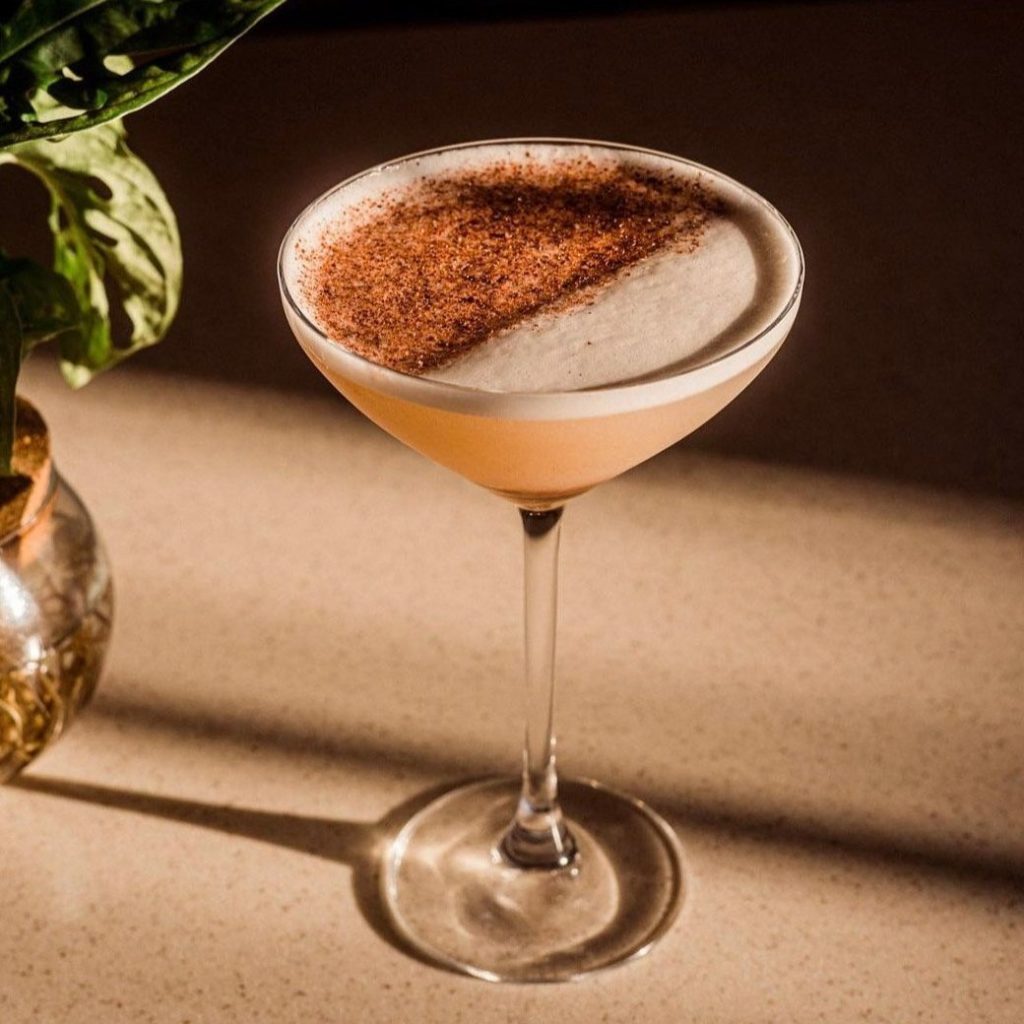
Accountability matters
Accountability is an important part of how people from different cultures come together to make food and drinks. It’s why I emphasise trying to be more discerning nowadays in regards to bars or restaurants I visit, people I support. When creating, research needs to be done first, and that’s of utmost importance: if you find that an ingredient is historically used in a sacred way in its original setting, should it really be used in your cocktail?
Are you aware of and acknowledging the power dynamics involved in the history or sourcing of those ingredients, are you in or building community with those of the cultures these ingredients or techniques originate from – or are you just using it because it’s cool?
When creating, research needs to be done first, and that’s of utmost importance.
Access and education are also pivotal for Black culture to strive. Sharing knowledge is key, because another fundamental goal of mine is to provide people of color with the opportunity to build new working environments, not just enter existing spaces. I do want to train people, but I also want to create new opportunities, including equal wages, a healthy life outside of work, and a fight against toxic hospitality.
We are servers, not servants: disrespect should never be tolerated, and our new or emerging generations of bartenders of color are making this an integral part of our work. We are pushing back against discrimination. I want to see the number of Black-owned restaurants triple in Boston in the next few years; this means all of the above needs to happen – and I believe it can.
Kiysha Davenport

